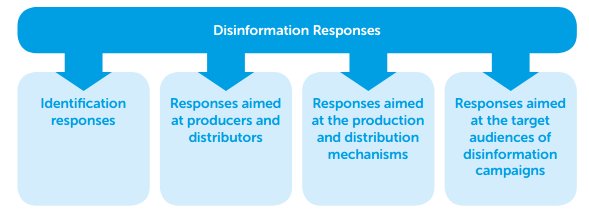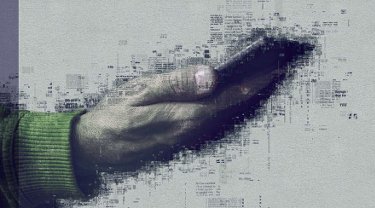The price of disinformation is high, costing people their constitutionally protected right to know, especially the truth.
In some cases, it costs people functional democratic institutions, too.
Hence, it pays to expose those responsible for orchestrating election-related disinformation campaigns, the Broadband Commission of United Nations Educational Scientific and Cultural Organizations (UNESCO) said in a 348-page research report on a multisectoral response in combating disinformation.
In the vast and tricky jungle of the internet, UNESCO called for a multi-sectoral coordinated solution to fight an equally coordinated disinformation, especially during elections.
The solutions were sorted into four categories:

In addressing electoral disinformation, the report identified two ways to combat the problem. One is aimed at increasing awareness of voters on the actors behind orchestrated disinformation campaigns, such as in the case of the Philippines, where multiple researchers have found the presence of cyber troops for social media manipulation starting in the 2016 presidential elections.
Various studies have identified groups in the Philippines employed under million-peso contracts, using a range of tools and techniques to “hijack people’s sentiments and sow divisiveness”.
A 2018 study by Jonathan Ong and Jason Cabañes found that this is usually done through multi-level campaigns tailored fit for the benefit of a paying client.
This includes, on one hand, the positive branding and reframing of issues involving a client. On the other is the negative digital ‘black ops’ against a political rival of a client, in which messages negatively portraying the rival are seeded, disseminated and reshared to virality.
UNESCO said that in exposing the actors and mechanisms involved, voters can increase their awareness of the ways coordinated disinformation seep through their feeds as seemingly organic beliefs and disrupt the rules electoral boards have set toward fair campaigning during election season.
The body also encouraged strengthening support for independent fact checking organizations, which the study suggested to produce and broadcast real-time disinformation detection and fact checks, publish counter-content and in-depth analysis of the disinformation landscape during and after elections.
Media organizations were advised to include educational campaigns geared toward voters’ education and proper electoral conduct in their programs.
Most importantly, UNESCO identified that more media literacy campaigns must be conducted for students, older citizens and other vulnerable sectors to raise awareness.
But, the fight against electoral disinformation in the internet does not rest on the media alone.
Electoral regulatory bodies were advised to improve advertising transparency and accessibility mechanisms. The report also recommended that social media sites develop a system to call out disinformation and ensure users can access verified information from critical and independent news organizations, among others.
“It cautions that the fight against disinformation is not a call to suppress the pluralism of information and opinion, nor to suppress vibrant policy debate. It is a fight for facts, because without widely available evidence-based information, access to reliable, credible, independently verifiable information that supports democracy and helps avert worsening the impacts of crises like pandemics will not be possible,” UNESCO’s Broadband Commission said.
You can read UNESCO’s full report here.
